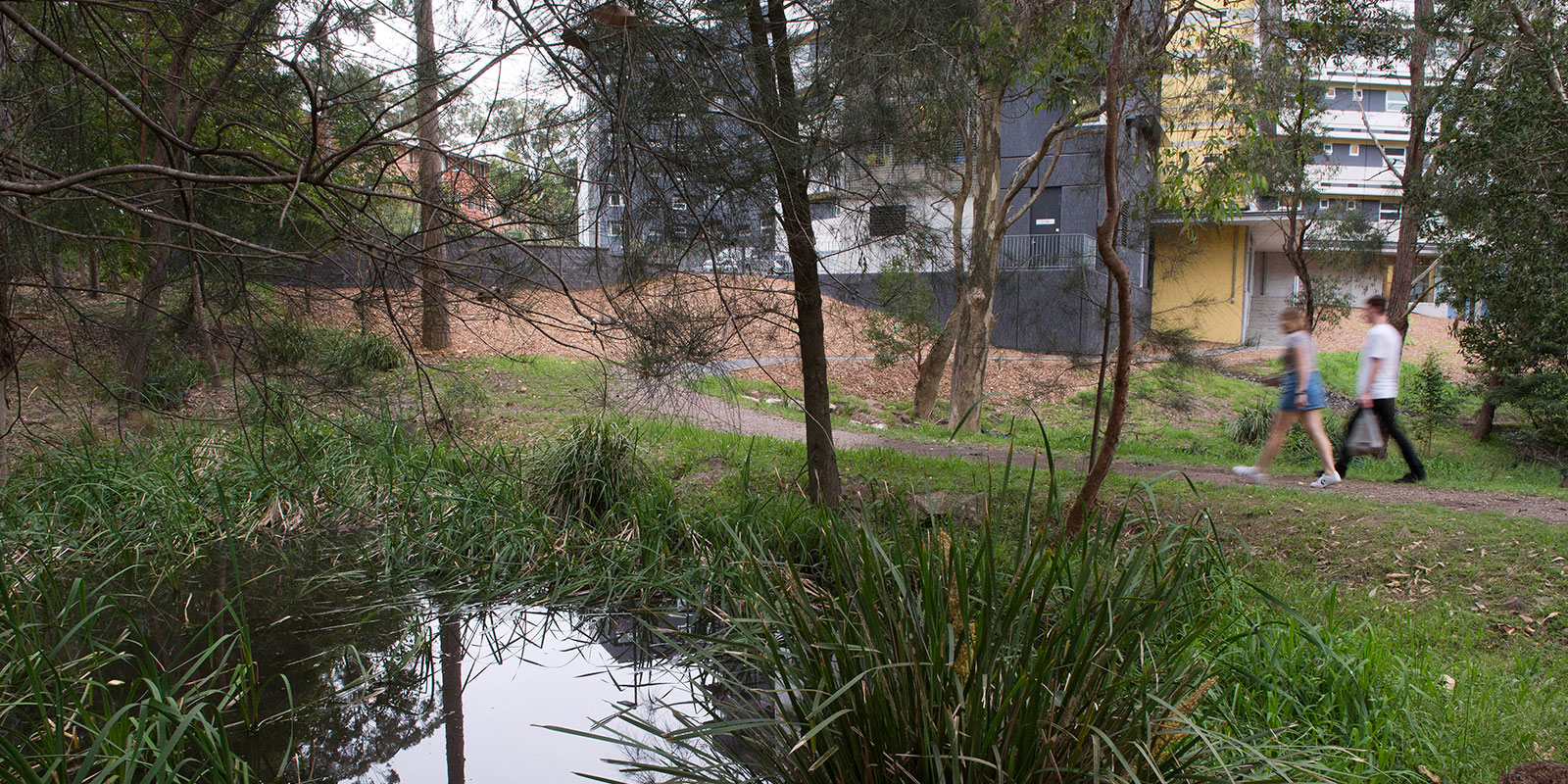

Goal 16:
Peace, Justice and Strong Institutions
Academic Freedom Policy
The University of Newcastle has adopted a Code for the Protection of Freedom of Speech and Academic Freedom, which explicitly protects the rights of staff, students, and approved visitors to teach, research, publish, and speak on matters related to their academic work. The Code defines what academic freedom and freedom of speech mean in the University context, lists principles for their protection, and sets out obligations and procedures so that freedom is upheld in practice.
The current Code was effective from the 5th of June 2024 and will be reviewed in June 2027.
The Code in 2024
Here are key features of the Code (as of 2024/2025) showing how it embeds academic freedom in policy:
| Feature | Description |
|---|---|
| Scope | Applies to all University staff and students, Council members, decision‑makers, as well as invited visiting speakers and external visiting speakers. |
| Definitions | Academic freedom is explicitly defined to include:
|
| Principles | The Code sets out principles ensuring that staff and students can exercise academic freedom subject only to reasonable constraints:
It also states that lawful speech or protest on University land, or connected with University business, should not incur penalties merely because of content, so long as it complies with the principles. |
| Protection from Adverse Action | Where speech or academic freedom is exercised in accordance with the Code, it shall not constitute misconduct or attract penalties solely because of content. |
| Contractual & External Restrictions | The University commits to take reasonable steps to minimise restrictions on academic freedom/speech that may come from external contracts, affiliations, or donor conditions. |
| Visitors & External Speakers | Policy distinguishes between invited visiting speakers and external ones; provides conditions under which external or invited speakers may be allowed or refused use of University facilities, based on lawful and safety considerations, but not simply on content alone. |
| Course Content | The University affirms that staff have freedom to determine course content and delivery and ensures that prospective students are properly informed of what course content includes. Also affirms that content should not be removed or altered simply because it may offend or shock. |
The University of Newcastle acknowledges the traditional custodians of the lands within our footprint areas: Awabakal, Darkinjung, Biripai, Worimi, Wonnarua, and Eora Nations. We also pay respect to the wisdom of our Elders past and present.